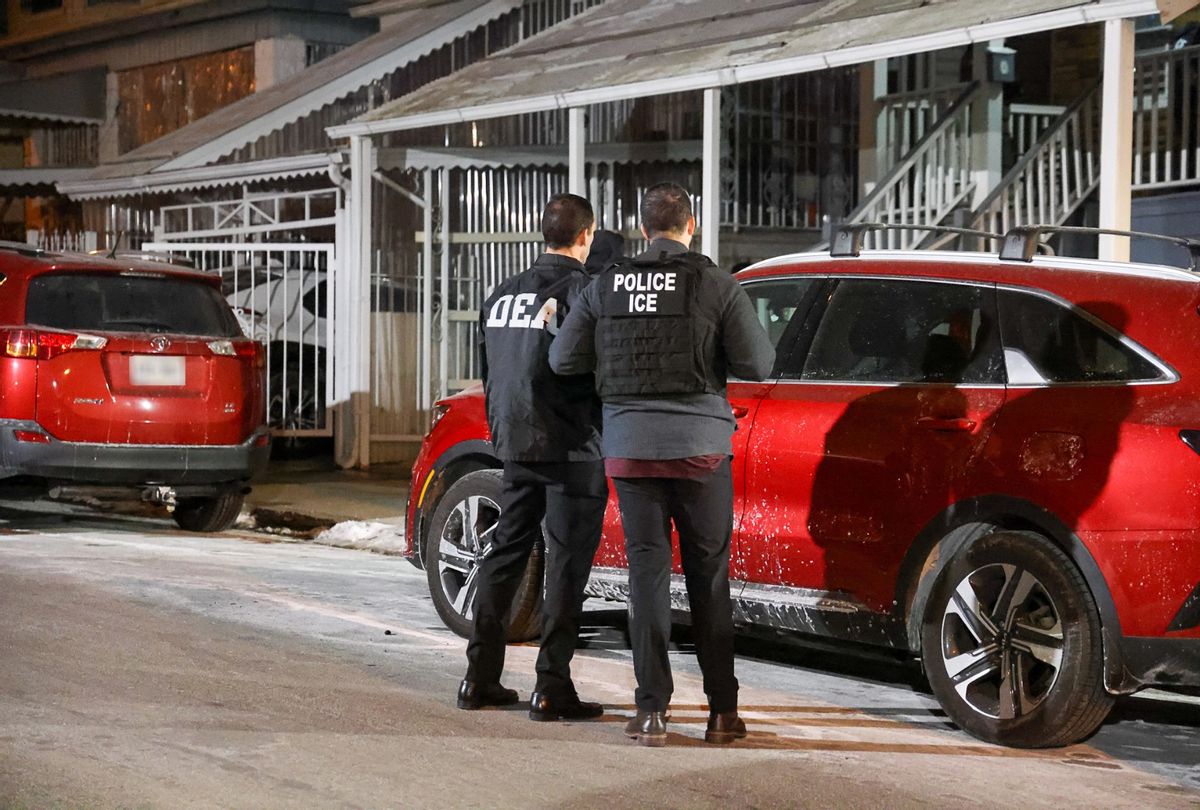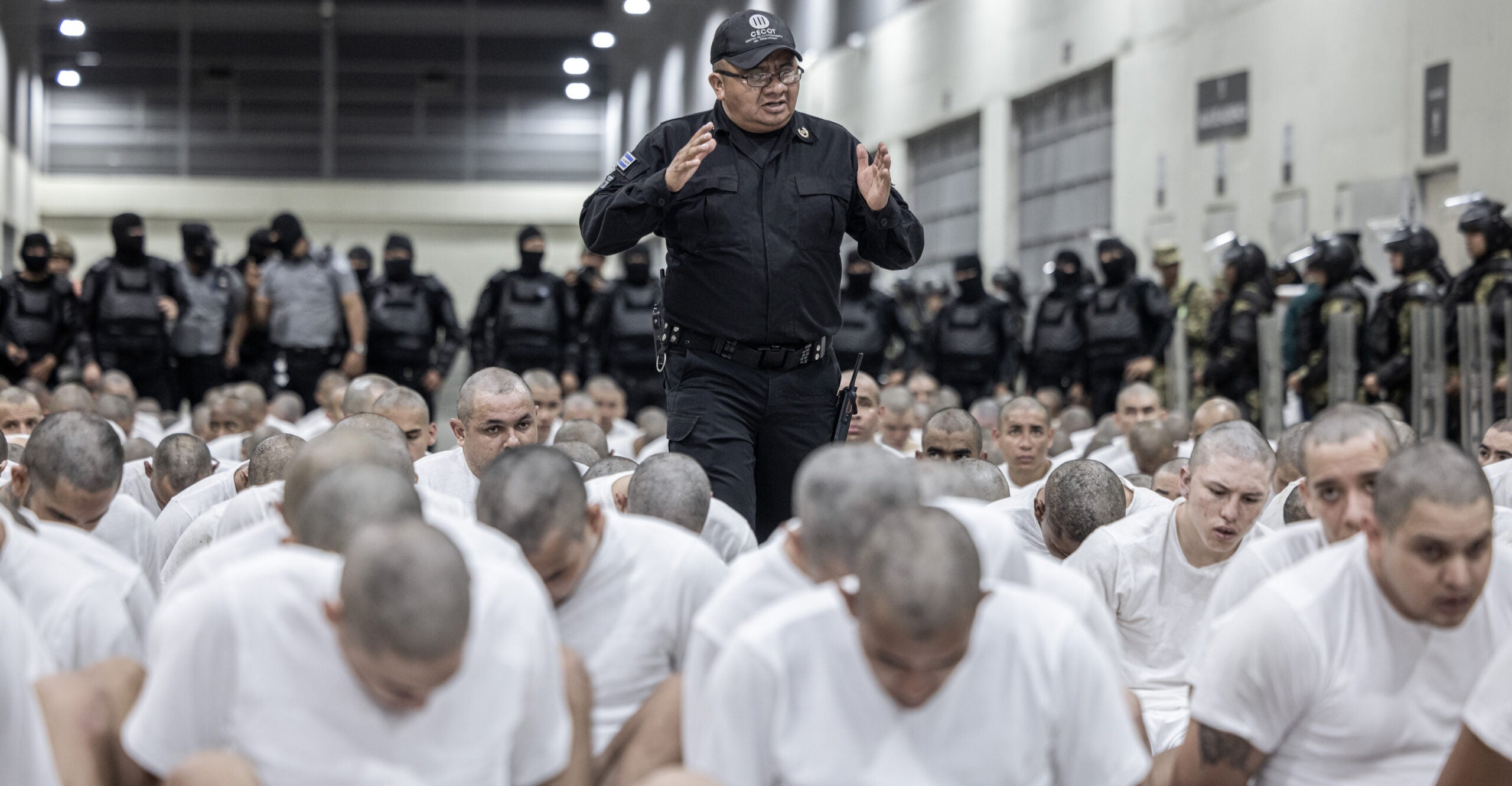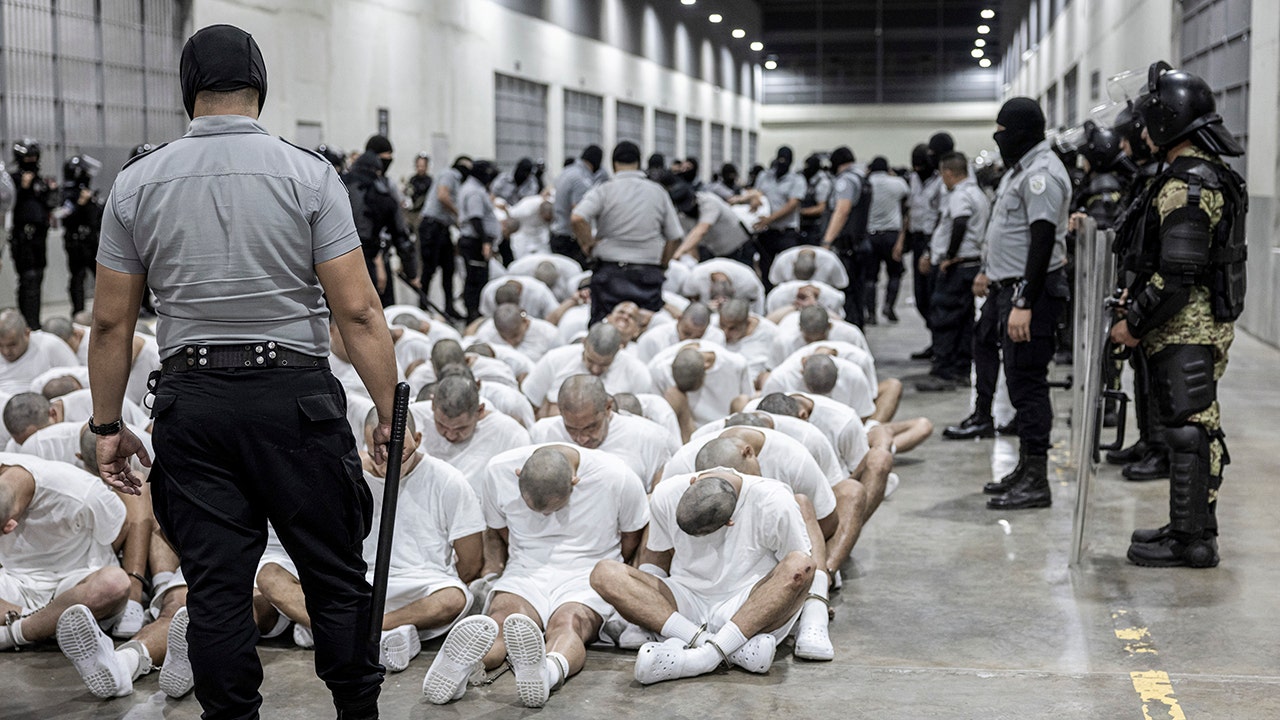Judge Questions Trump Administration's Deportation Legality Amid New Concerns
Judge Millett criticizes deportations under the Alien Enemies Act, raising new questions about due process and the administration's invocation of state secrets privilege.
Overview
During an appeals court hearing, Judge Patricia Millett condemned the Trump administration's deportation of Venezuelan nationals under the Alien Enemies Act, asserting they faced less due process than Nazis during WWII. The court is deliberating a request from the Trump administration to lift a lower court's ruling halting deportation flights, which has implications for alleged gang members from the Tren de Aragua group. The administration has also cited state secrets privilege in refusing to disclose details about deported individuals, claiming disclosure could threaten national security. Judge Millett emphasized the need for provisional hearings before deportation.
Report issue

Read both sides in 5 minutes each day
Analysis
- Judge Patricia Millett highlighted the lack of due process for Venezuelan nationals deported under the Alien Enemies Act, stating they received less fair treatment than Nazis in similar situations during World War II.
- Concerns were raised about the implementation of the Alien Enemies Act, with judges questioning the government's commitment to individual hearings for deportees accused of gang membership.
- While the legality of the Alien Enemies Act itself is not disputed, the method of its application by the Trump administration is under scrutiny, particularly regarding the rights of individuals expected to be deported.
Articles (12)
Center (5)
FAQ
No FAQs available for this story.
History
- 8M

 6 articles
6 articles










